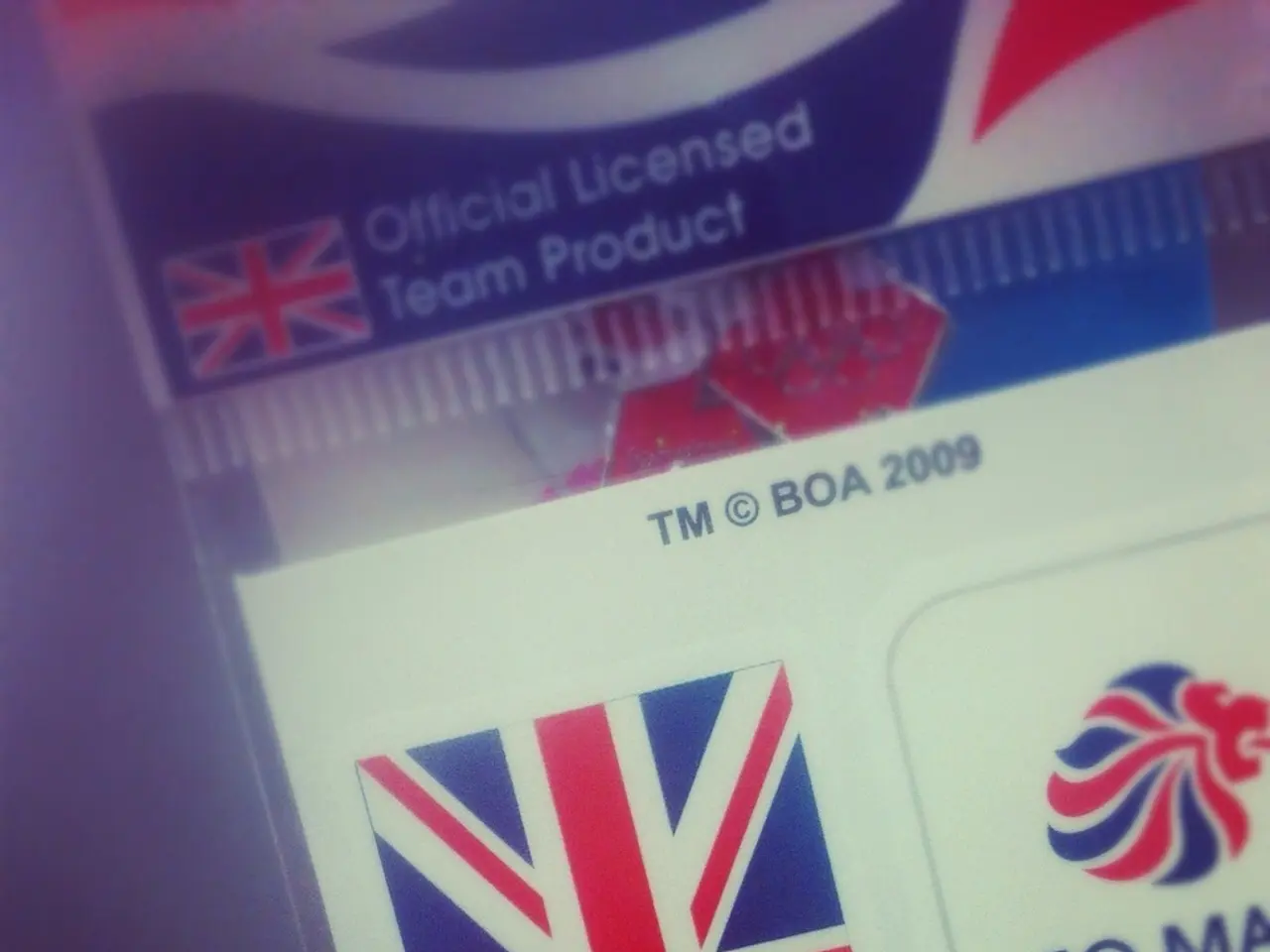Registering Trademarks Across Various African Nations
**Streamlining Trademark Registration for Tech Startups in Africa**
Expanding a tech startup across multiple African countries can be a complex process, especially when it comes to trademark registration. However, understanding the regional systems and national laws, and working with local legal experts, can help streamline the process.
For a tech startup aiming to expand across various African nations, the choice between ARIPO, OAPI, or national trademark registration systems depends mainly on the target countries and language considerations.
**ARIPO (African Regional Intellectual Property Organization)** covers mainly English-speaking countries in Eastern and Southern Africa. One trademark application filed with ARIPO grants protection in all member states, making it efficient if your target countries fall within its membership. Notable members include Kenya, Uganda, and Zimbabwe.
On the other hand, **OAPI (Organisation Africaine de la Propriété Intellectuelle)** covers 17 mostly French-speaking African countries primarily in West and Central Africa. One trademark application filed with OAPI provides protection in all member states, making it an efficient option for startups targeting Francophone West & Central Africa, such as Burkina Faso, Cameroon, and Ivory Coast.
If the countries you operate in neither belong to ARIPO nor OAPI, or if you want direct control over each jurisdiction’s registration process, **National Registration** is necessary. Nigeria and Angola, for example, require national filings with their IP offices and do not participate in ARIPO or OAPI for trademarks.
The following table provides a summary comparison of the three trademark registration systems:
| System | Coverage | Language | Filing Scope | Term of Protection | Renewal Period | Suitable For | |-------------|------------------------------------|----------------|-----------------------|----------------------|--------------------------|------------------------------------------| | **ARIPO** | English-speaking Eastern & Southern African countries | English | One application covering all ARIPO members | 10 years from grant | Renewable every 10 years | Startups expanding in Eastern/Southern Africa English-speaking countries | | **OAPI** | 17 French-speaking countries in West and Central Africa | French | One application covering all OAPI members | 10 years from filing | Renewable every 10 years | Startups targeting Francophone West & Central Africa | | **National** | Countries outside ARIPO/OAPI or where preferred | Local official languages | Separate applications per country | Usually 10 years | Renewable every 10 years | Where regional systems are not applicable or for greater legal control |
When it comes to registering a trademark in each system, the steps remain relatively similar, involving pre-filing searches, application preparation, substantive examination, and renewal every 10 years.
For ARIPO trademark registration, a pre-filing search is conducted to ensure no identical or confusingly similar marks. Then, a single trademark application is prepared and filed with ARIPO, including a clear reproduction, applicant information, and goods/services classification. ARIPO conducts formal and substantive examination based on distinctiveness and eligibility. If opposed or objections are raised, respond through legal proceedings. Upon approval, registration is valid in all ARIPO member states.
OAPI trademark registration follows a similar process, with a trademark search through OAPI’s database and international resources. A single application is prepared with a clear mark reproduction, applicant details, and a detailed list of goods/services by class. Once granted, protection extends automatically to all OAPI member states.
National trademark registration requires a thorough trademark search in the national registry to avoid conflicts. An application is then prepared with the exact trademark visual, detailed description of goods/services (per classification), applicant information, and any priority claims. The application is filed with the national IP office, and the office conducts formal and substantive examination, including distinctiveness and legality.
In addition to the three main options, the Madrid Protocol is also worth considering for global trademark protection, including some African countries that are members. This allows centralized filing via WIPO but membership and effectiveness depend on specific countries targeted.
Given the complexity and frequent changes in IP law, engaging IP practitioners experienced in African jurisdictions to conduct searches, prepare filings, and manage oppositions is highly recommended. Building and maintaining strong relationships with local IP attorneys is essential for effective trademark management.
In summary, for a tech startup targeting several Francophone African countries in West and Central Africa, OAPI is likely the best system due to unified coverage with one application. For English-speaking countries in Eastern and Southern Africa, ARIPO is most efficient. For countries like Nigeria and Angola, a national approach is required. Each route has similar procedural steps involving pre-filing searches, application preparation, substantive examination, and renewal every 10 years. Effective trademark management requires regular monitoring and strategic planning to keep your protections strong.
- To optimize personal-finance management for a tech startup expanding across Africa, it's crucial to invest wisely in education-and-self-development, particularly in understanding the nuances of African business laws and market trends.
- Technology can significantly simplify the process of trademark registration for a tech startup in Africa, as numerous online platforms now offer resources to streamline the pre-filing searches, application preparation, and renewal processes.
- Incorporating sports sponsorships as part of the marketing strategy could help a tech startup garner visibility and gain a competitive edge in African markets, thereby aiding in its growth and development.
- A thorough understanding of financial management is essential for tech startups, as the choice between ARIPO, OAPI, or national trademark registration systems depends largely on the startup's financial capabilities, target countries, and language considerations.




